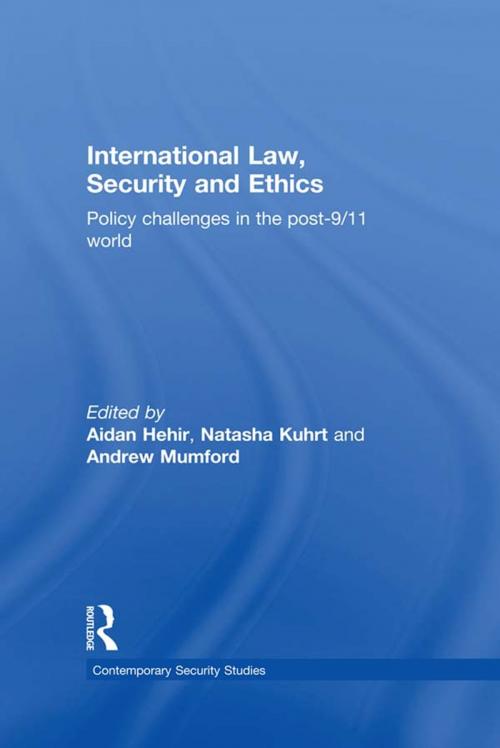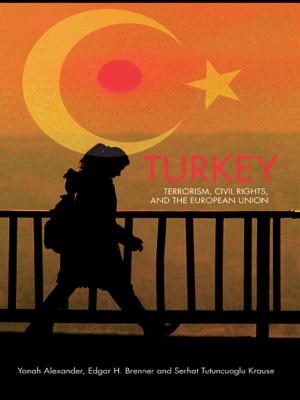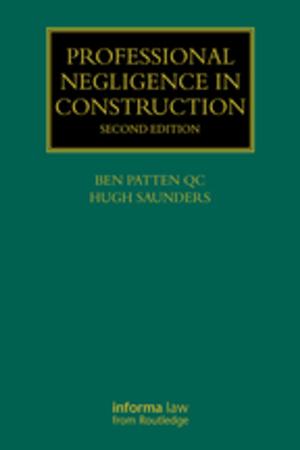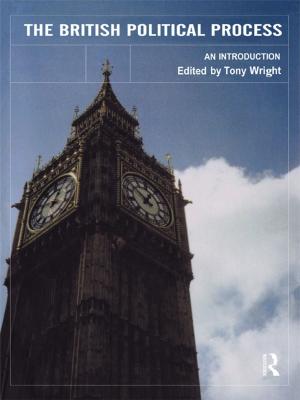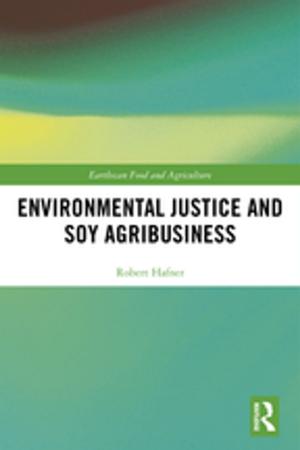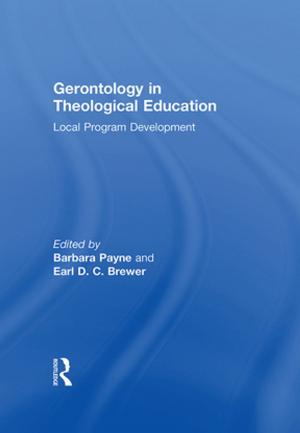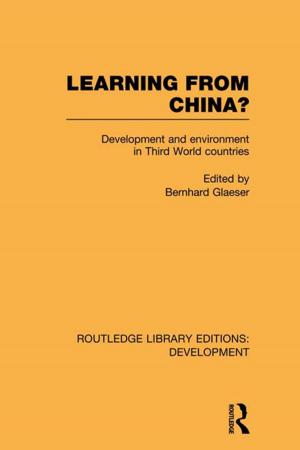International Law, Security and Ethics
Policy Challenges in the post-9/11 World
Nonfiction, Social & Cultural Studies, Political Science, International, International Security, International Relations, History, Military| Author: | ISBN: | 9781136719608 | |
| Publisher: | Taylor and Francis | Publication: | February 4, 2014 |
| Imprint: | Routledge | Language: | English |
| Author: | |
| ISBN: | 9781136719608 |
| Publisher: | Taylor and Francis |
| Publication: | February 4, 2014 |
| Imprint: | Routledge |
| Language: | English |
This book examines the different ways in which the laws governing the use of force and the conduct of warfare have become subject to intense scrutiny and contestation since the initiation of the war on terror.
Since the end of the Cold War, the nature of security challenges has changed radically and this change has been recognised by the UN, governments and academics around the world. The 911 attacks and the subsequent launch of the 'war on terror' added a new dimension to this debate on the nature and utility of international law due to the demands from some quarters for a change in the laws governing self-defence and humanitarian intervention. This book analyses the nature of these debates and focuses on key issues that have led to the unprecedented contemporary questioning of both the utility and composition of international law on the use of force as well as the practicability of using force, including handling of ‘prisoners’ and ‘security risks’. It also identifies the sources of division and addresses the capacities of security policy and international law to adapt to the changed international environment.
This book will of much interest to students of international law, war and conflict studies, and IR and Security Studies in general.
This book examines the different ways in which the laws governing the use of force and the conduct of warfare have become subject to intense scrutiny and contestation since the initiation of the war on terror.
Since the end of the Cold War, the nature of security challenges has changed radically and this change has been recognised by the UN, governments and academics around the world. The 911 attacks and the subsequent launch of the 'war on terror' added a new dimension to this debate on the nature and utility of international law due to the demands from some quarters for a change in the laws governing self-defence and humanitarian intervention. This book analyses the nature of these debates and focuses on key issues that have led to the unprecedented contemporary questioning of both the utility and composition of international law on the use of force as well as the practicability of using force, including handling of ‘prisoners’ and ‘security risks’. It also identifies the sources of division and addresses the capacities of security policy and international law to adapt to the changed international environment.
This book will of much interest to students of international law, war and conflict studies, and IR and Security Studies in general.
